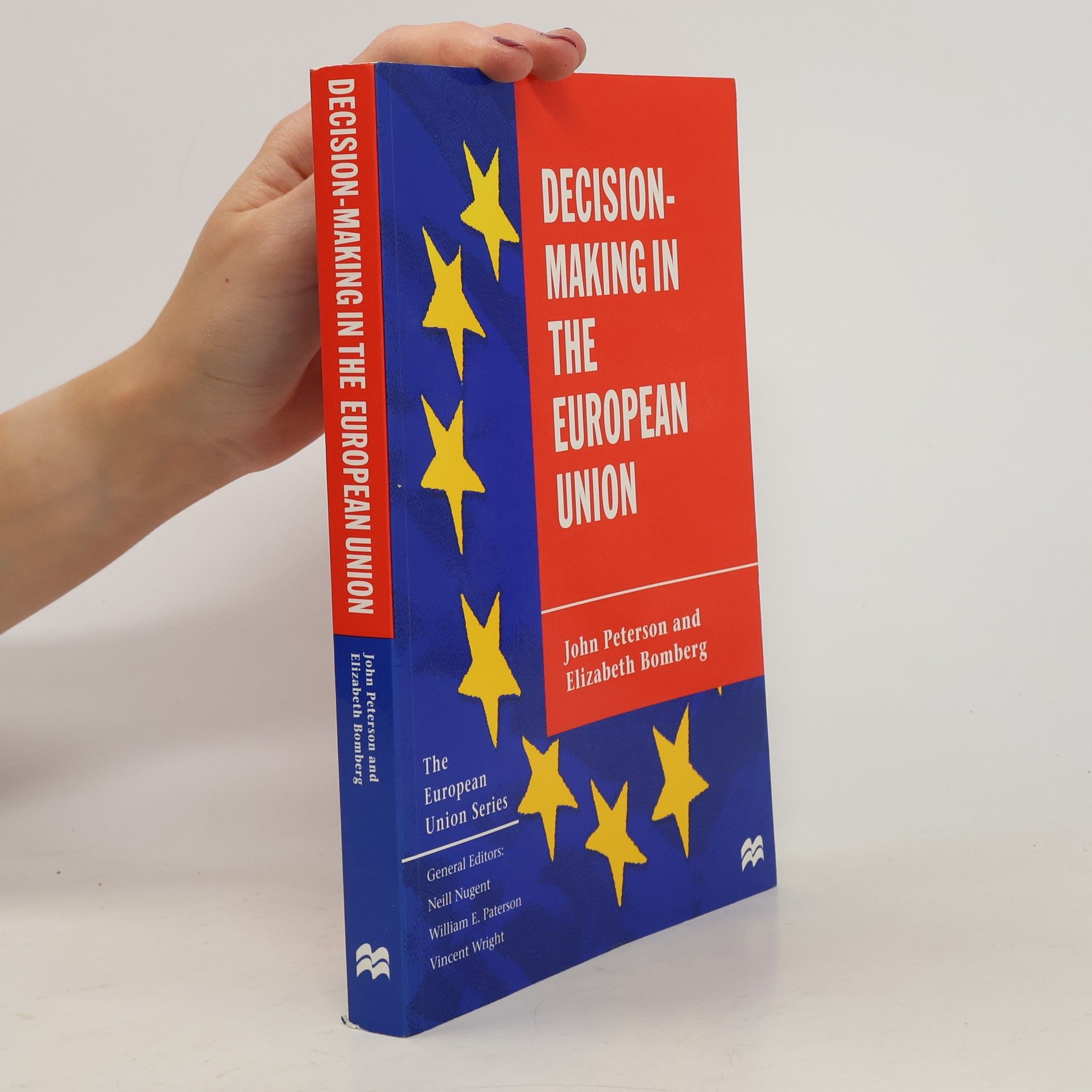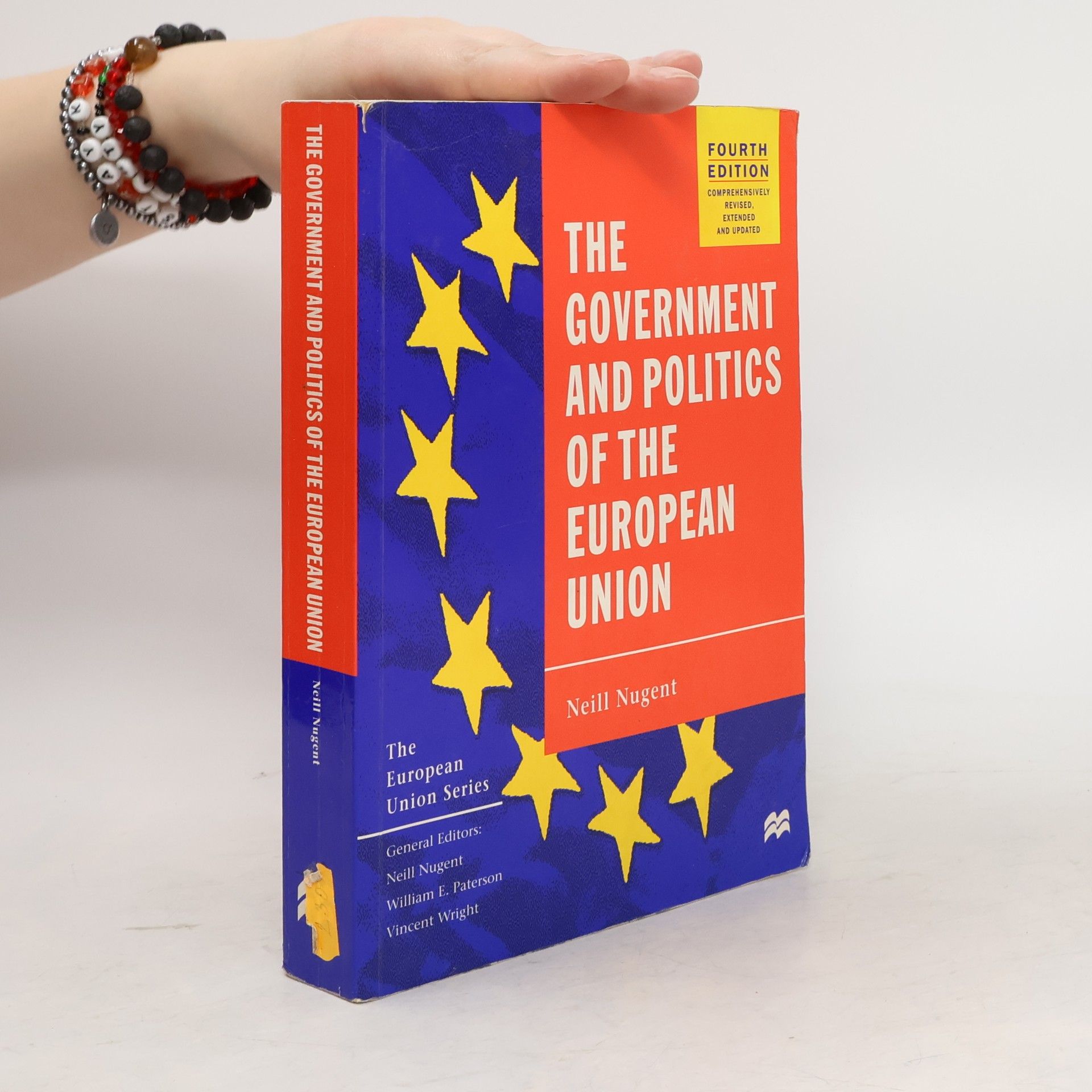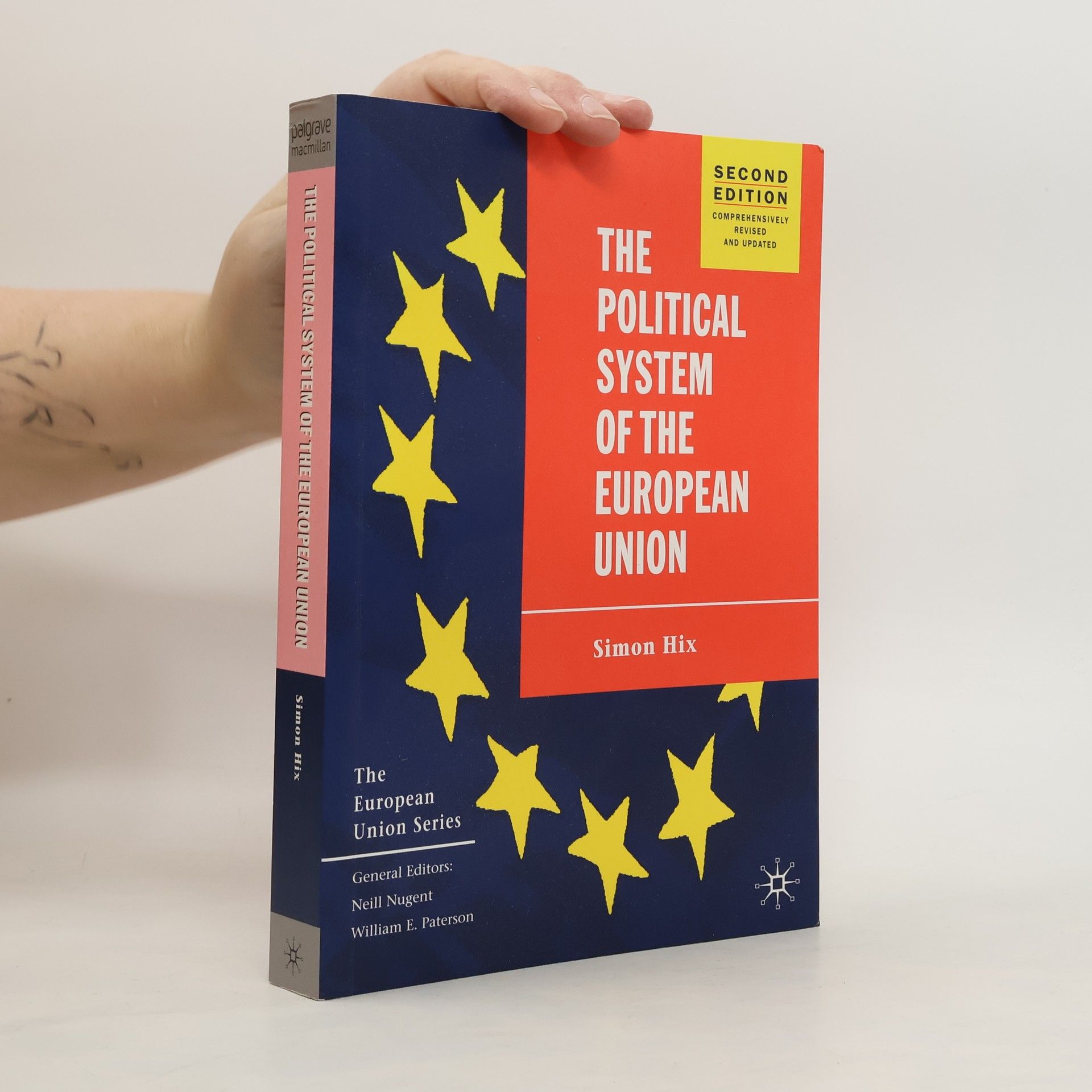The Political System of the European Union
Second Edition - Comprehensively Revised and Updated
- 448 páginas
- 16 horas de lectura
A substantially revised and updated new edition of this highly-successful and ground-breaking text which analyzes the EU as a political system using the methods of comparative political science.



